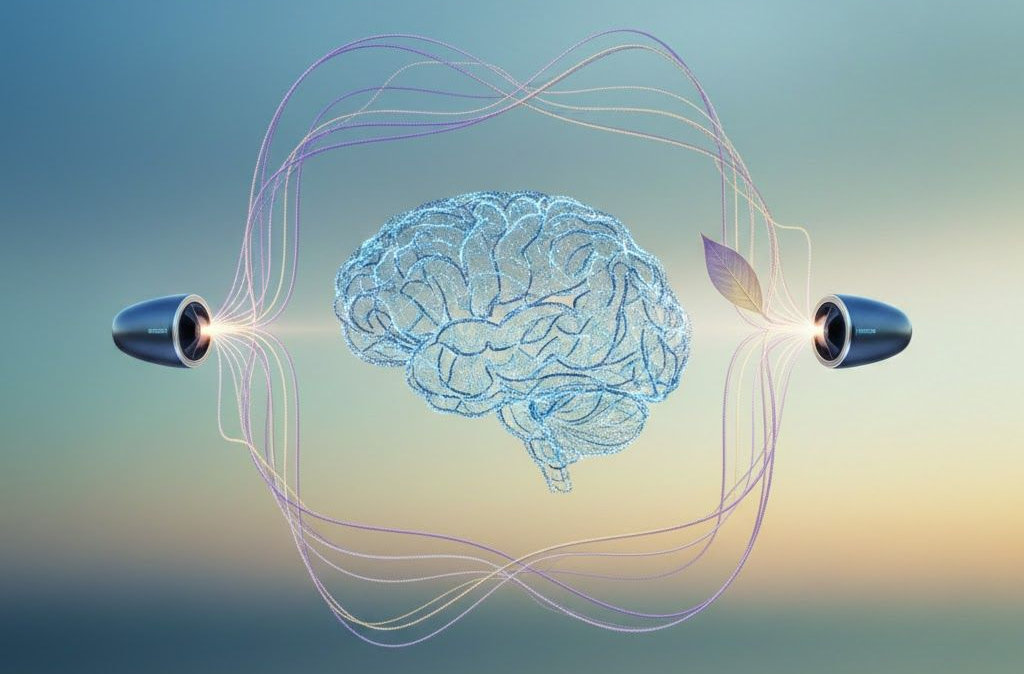How Does OCD Affect Individuals?

The Albany Clinic • March 14, 2022
Obsessive-compulsive disorder (OCD) isn’t just a case of odd personality quirks which crop up from time to time. It’s more serious than that, affecting millions of people worldwide and diminishing their quality of life. Regardless of pop culture depictions and the celebrity involved, OCD ranks as a top-10 disabling disease .
What Is OCD?
“ Obsessive-compulsive disorder (OCD) is a mental health disorder that affects people of all ages and walks of life and occurs when a person gets caught in a cycle of obsessions and compulsions. Obsessions are unwanted, intrusive thoughts, images, or urges that trigger intensely distressing feelings. Compulsions are behaviors an individual engages in to attempt to get rid of the obsessions or decrease their distress.” Fortunately, symptoms are treatable with medicine like ketamine .
Know The Symptoms
OCD affects two million U.S. adults with unwanted thoughts and a strong urge to do behaviors repeatedly. If you suffer from this illness, there are three kinds of symptoms that it’s known for:
- Obsession carries unwanted urges or thoughts.
- Compulsions are repetitive behaviors or ideas meant to counteract a negative feeling, but it takes up more time than anything else.
- Anxiety is extreme uneasiness or nervousness.
How Does OCD Affect The Individual?
If you suffer from OCD, you likely have someone in your life who’s made joking references that they’re “a little OCD” about this or that. But it’s not funny. It’s a serious mental illness that normally manifests itself in the late teenage years but can also happen to adults. Men and women are equally affected, but, unfortunately, less than 40 percent of those with OCD seek treatment. The biggest takeaway about this illness? Like so many others, it can affect all facets of your life and diminish your ability to work, go to school, and engage in meaningful relationships.
It has a tremendously negative effect on the individual.
- In terms of a romantic relationship with a significant other , obsessive-compulsive disorder can cause issues if left untreated. LuAnn Pierce, a licensed clinical social worker, told the United Brain Association, “ Many who have OCD and obsessive-compulsive personality disorder (OCPD) choose not to date and avoid intimate relationships. There are many reasons people resort to this choice; chief among them is the desire to prevent or lessen their anxiety through avoidance of stressful situations.”
- Relationships with family and friends are also on shaky grounds. Based on the seriousness of their illness, OCD sufferers’ compulsions present a serious challenge for family or close friends. Your loved one can become deeply involved in your obsessive behaviors due to the time, space, and energy needed to carry them out. Sharing in these compulsions is complex, demanding, tedious, and constantly tests your loved one’s patience. If family or friends must step in and assume daily tasks you can’t handle, it leads to distress and distraction for everyone.
- Your work relationships will suffer. Thanks to compulsions and anxiety, someone with OCD in the workplace can have problems with productivity, performance, and being on time. And if your symptoms are severe, your hours are quickly consumed with tedium, making regular work tasks a challenge. The bottom line? Potential issues or fractured relationships with managers and colleagues.
- If you’re a student , OCD can harm performance and relationships. Going to school gives students opportunities to grow their academic and social skills which are critical to functioning as adults. For a student with OCD, obsessions and compulsions can create near-insurmountable barriers to social growth.
The good news is most OCD symptoms can be managed with time and commitment. Ask your doctor for more information.
Diagnosis & Treatment
Diagnosing OCD involves:
- Psychological evaluation to discuss thoughts, feelings, behaviors, and symptoms as triggers for your obsessions or compulsions and how they affect your quality of life. Your healthcare provider may want to talk with family or friends on your behalf.
- Diagnostic criteria for OCD as published in the Diagnostic and Statistical Manual of Mental Disorders.
- Physical examination. Your doctor may do this to uncover other problems that could trigger your symptoms and assess any related problems.
If your diagnosis is positive, your healthcare provider may recommend ways to control the symptoms, like psychotherapy, self-help, or ketamine therapy.
Final Thoughts
If you have OCD, the impact on your life can be significant, not to mention what it can do to your loved ones who worry about your well-being. However, symptoms can be managed, so reach out to a doctor or mental health specialist about the benefits of certain treatments, including ketamine.
The post How Does OCD Affect Individuals? appeared first on The Albany Clinic.






